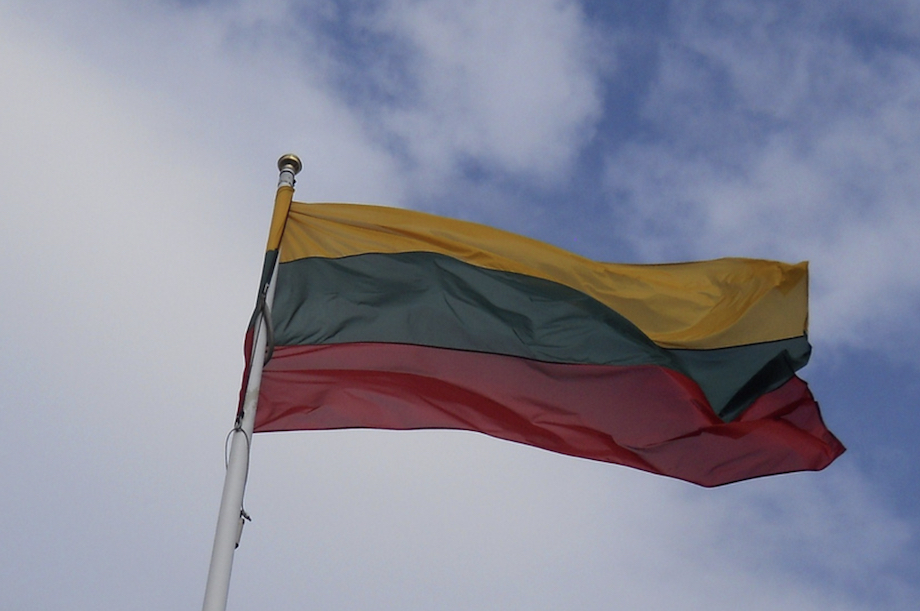Lithuania will launch the new aid scheme on 1 May 2019, and it will be applicable until 1 July 2025, or until the country reaches its 2025 goal of sourcing 38% of its electricity from renewables.
It plans to open a first tender round to procure 0.3TWh of electricity on 2 September this year.
Winners likely to be announced in the first quarter of 2020, the country’s energy ministry stated.
This first auction round would be technology-neutral, but will . Individual tenders for 0.7TWh will then take place in 2020, 2021, and 2022.
The scheme will be financed through the levy imposed on final electricity consumers based on their electricity consumption.
Energy minister Žygimantas Vaiciunas said the sytem will allow Lithuania to reduce its dependence on electricity imports.
In the tenders, developers will compete for 12-year contracts offering premiums on day-ahead market prices, which averaged €50/MWh in 2018.
Contracts will be awarded based on the lowest price offered.
The premium will not exceed the difference between the electricity market price in Lithuania and the average production costs of the most cost-efficient renewable energy technology in the country, the commission explained.
Lithuania’s national energy regulator will set these prices before each auction. All producers will have to cover grid connection costs.
Aistis Radavicius, executive director of the Lithuanian Wind Power Association, described the first tender for 0.3TWh as a "test auction".
He explained it would allow the regulator "to see how mechanisms can be amended" for future rounds.
Speaking on a panel discussion at WindEurope’s conference in Bilbao in early April, Radavicius said: "In the beginning, a technology-neutral tender is fine – you get it going and get the prices down.
"But if you want 100% renewables, you have to specify (how much of which energy sources you want)."
Historically, Lithuania has been dependent on oil and gas imports from Russia, but this can change if the country taps into its own wind and solar resources, the Lithuanian Wind Power Association said.
Under the national energy strategy it passed last year, Lithuania aims to have renewables provide 100% of its electricity by 2050.
This would create a demand for 18TWh of clean energy by mid-century, up from 2.1TWh in 2018 – of which wind provided 1.1TWh.




.png)
HR.jpeg)
.png)








